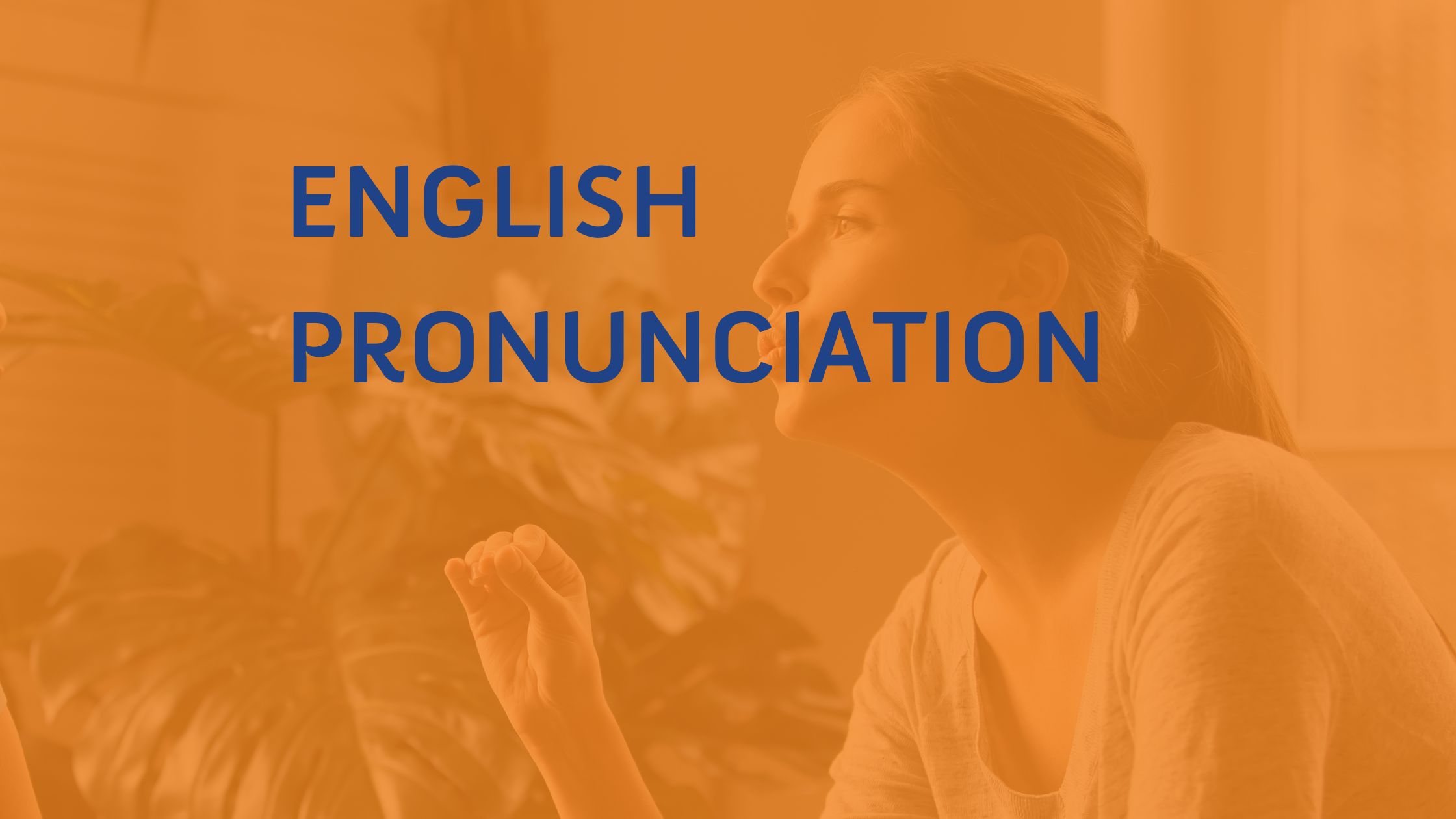Mastering Light Pronunciation: The Key To Clear And Confident Communication
Hey there, language enthusiasts! Are you ready to dive deep into the world of light pronunciation? This isn't just about learning how to say words correctly; it's about understanding how to communicate clearly and effectively. Whether you're a student, a professional, or simply someone who loves languages, mastering pronunciation can make a huge difference in how you're perceived. Let's get started and explore the nuances of this fascinating topic!
Now, why is light pronunciation so important? Imagine this: you're in a meeting or giving a presentation, and you want your ideas to shine. But if your pronunciation is off, it might confuse your audience or even detract from the message you're trying to convey. That's where light pronunciation comes in—it's like a secret weapon for making sure your words land exactly as intended.
And don't worry, we're not just talking about perfection here. Light pronunciation is all about balance. It's about being clear enough that people understand you without overthinking every syllable. So, whether you're aiming for fluency or just looking to improve your speaking skills, this guide has got you covered. Let's go!
- Trey Gowdy Podcast Your Ultimate Guide To Insightful Conversations
- Paige Vanzant The Rise Of A Martial Arts Sensation
What Exactly Is Light Pronunciation?
Alright, let's break it down. Light pronunciation is essentially about clarity and simplicity. It's the art of speaking in a way that’s easy to understand, without overcomplicating things. Think of it as the difference between a heavy accent that might confuse listeners and a smooth, effortless delivery that keeps everyone on the same page.
Here’s the deal: when we talk about light pronunciation, we're not just talking about how you say individual words. It's also about rhythm, intonation, and even body language. All these elements work together to create a communication style that's both engaging and effective.
Why Focus on Light Pronunciation?
Now, you might be wondering, "Why should I care about this?" Well, here's the thing: good pronunciation isn't just about sounding smart; it's about being understood. In today's globalized world, where communication happens across borders, being able to express yourself clearly is more important than ever.
- The Passion Of The Christ Actors A Deep Dive Into Their Journey And Legacy
- Is Knox Joliepitt Transgender Unpacking The Facts And Debunking The Myths
- It boosts confidence when speaking in front of others.
- It helps avoid misunderstandings in professional and personal settings.
- It makes you a more effective communicator overall.
And let's be real, who doesn't want to sound more polished and professional? Whether you're chatting with friends or presenting to a boardroom full of executives, light pronunciation can give you that extra edge.
Common Challenges in Mastering Light Pronunciation
Let's talk about the obstacles you might face when working on your pronunciation. First off, everyone has their own unique challenges depending on their native language and background. For instance, if your first language doesn't have certain sounds that exist in English, those can be tough to master. But don't worry, it's totally doable with practice!
Another common hurdle is fear. A lot of people are afraid to speak up because they're worried about making mistakes. Trust me, I get it. But here's the thing: mistakes are part of the learning process. The more you practice, the better you'll get. And hey, nobody's perfect, right?
Tips to Overcome Pronunciation Challenges
So, how do you tackle these challenges? Here are a few tips to help you along the way:
- Listen actively: Pay attention to how native speakers pronounce words. Try to mimic their sounds and rhythms.
- Record yourself: This might feel a little weird at first, but it's super helpful. Listening to your own voice can highlight areas where you need improvement.
- Practice consistently: Even just 10-15 minutes a day can make a big difference over time.
Remember, progress takes time. Don't get discouraged if you don't see results overnight. Stick with it, and you'll start noticing improvements before you know it.
The Science Behind Light Pronunciation
Did you know there's actually some science behind how we learn pronunciation? Cool, right? Researchers have found that our brains are wired to recognize patterns in speech. This means that the more you expose yourself to correct pronunciation, the easier it becomes to replicate it.
One interesting concept is something called "phonological awareness." This refers to our ability to identify and manipulate the sounds in language. People who have strong phonological awareness tend to be better at picking up new languages and improving their pronunciation.
How to Develop Phonological Awareness
So, how can you improve your phonological awareness? Here are a few ideas:
- Read aloud regularly. This helps you connect the written word with its spoken form.
- Play word games or use apps designed to improve pronunciation skills.
- Engage in conversations with native speakers whenever possible.
By incorporating these activities into your routine, you'll gradually enhance your ability to recognize and reproduce sounds accurately.
Tools and Resources for Improving Light Pronunciation
Nowadays, there are tons of tools and resources available to help you improve your pronunciation. From online courses to mobile apps, the options are practically endless. Here are a few that I highly recommend:
- Elsa Speak: This app uses AI to provide personalized feedback on your pronunciation.
- Speechling: Offers one-on-one coaching with language experts to refine your skills.
- Forvo: A platform where you can listen to native speakers pronounce words in different languages.
These tools can be game-changers if you're serious about improving your light pronunciation. Plus, they're usually pretty affordable, so there's no excuse not to give them a try!
Practical Exercises for Light Pronunciation
Talking about theory is great, but let's get down to business. Here are some practical exercises you can start doing today to improve your pronunciation:
Tongue Twisters
Tongue twisters are a fun and effective way to train your mouth muscles. They challenge you to say tricky phrases quickly and clearly. Some popular ones include:
- "She sells seashells by the seashore."
- "Peter Piper picked a peck of pickled peppers."
- "How much wood would a woodchuck chuck if a woodchuck could chuck wood?"
Start slow and gradually increase your speed as you get more comfortable.
Shadowing Technique
This involves listening to a native speaker and repeating what they say in real-time. It's like following someone's lead in a dance. Shadowing helps you develop a natural rhythm and intonation in your speech.
Try watching videos or listening to podcasts in English and shadow the speakers. You'll be amazed at how quickly your pronunciation improves with regular practice.
Understanding the Impact of Light Pronunciation
Here's the thing: good pronunciation doesn't just affect how people perceive you; it can also impact your career and personal relationships. Think about it—wouldn't it be great to feel confident in every conversation you have? Wouldn't it be awesome to know that your message is getting across exactly as you intended?
Research shows that individuals with strong pronunciation skills tend to perform better in job interviews and are often seen as more trustworthy and competent. So, investing time in improving your pronunciation is definitely worth it in the long run.
Real-Life Examples
Let me share a quick story. A friend of mine was applying for a job at a multinational company. During the interview, she noticed that her interviewer seemed confused when she pronounced certain words. Afterward, she decided to focus on improving her pronunciation. The next time she went for an interview, she nailed it and landed the job. Moral of the story: pronunciation matters!
Advanced Techniques for Mastering Light Pronunciation
Once you've got the basics down, you can start exploring more advanced techniques to take your skills to the next level. One method that works wonders is called "minimal pair training." This involves practicing pairs of words that differ by just one sound, like "bat" and "pat." By focusing on these subtle differences, you'll become more attuned to the nuances of pronunciation.
Another technique is practicing stress patterns. In English, not all syllables are equally important. Some are stressed, while others are reduced. Learning how to emphasize the right parts of a sentence can make your speech sound much more natural.
Overcoming Cultural Barriers with Light Pronunciation
Sometimes, cultural differences can create barriers to effective communication. For example, in some cultures, it's considered rude to speak too loudly or too clearly. In others, it's the opposite. Understanding these cultural nuances is key to adapting your pronunciation style to different audiences.
One way to overcome these barriers is by being open-minded and adaptable. Be willing to adjust your communication style depending on the context and the people you're speaking with. Flexibility is key when it comes to mastering light pronunciation.
Conclusion: Take Action and Keep Practicing
And there you have it, folks! A comprehensive guide to mastering light pronunciation. Remember, improving your pronunciation isn't about perfection; it's about progress. With consistent practice and the right tools, you can become a more confident and effective communicator.
So, what are you waiting for? Start implementing the tips and exercises we've discussed today. And don't forget to share your journey with others. Who knows, you might inspire someone else to work on their pronunciation too!
Thanks for reading, and happy practicing!
Table of Contents
- What Exactly Is Light Pronunciation?
- Common Challenges in Mastering Light Pronunciation
- The Science Behind Light Pronunciation
- Tools and Resources for Improving Light Pronunciation
- Practical Exercises for Light Pronunciation
- Understanding the Impact of Light Pronunciation
- Advanced Techniques for Mastering Light Pronunciation
- Overcoming Cultural Barriers with Light Pronunciation
- Conclusion



Detail Author:
- Name : Jeffrey Schulist I
- Username : bonita32
- Email : maggio.madie@yahoo.com
- Birthdate : 1979-01-25
- Address : 43001 Haley Stream Lake Raeburgh, NH 35243-3843
- Phone : 989-687-8139
- Company : Ryan and Sons
- Job : Furniture Finisher
- Bio : Necessitatibus iusto nesciunt vel aut at. Ut qui eum sint consequatur in minus tempore. Nihil aliquam quisquam molestiae dolores voluptas non. Ut ut est veritatis voluptas suscipit doloribus beatae.
Socials
linkedin:
- url : https://linkedin.com/in/domenick_id
- username : domenick_id
- bio : Rerum dicta eum eligendi voluptas eveniet vel.
- followers : 6652
- following : 2540
instagram:
- url : https://instagram.com/dlittel
- username : dlittel
- bio : Eligendi quia consequatur et sunt. Corrupti illum soluta maxime quod.
- followers : 2711
- following : 152
facebook:
- url : https://facebook.com/domenick.littel
- username : domenick.littel
- bio : Et minus similique dolorem quidem corrupti placeat tempore.
- followers : 2417
- following : 760
twitter:
- url : https://twitter.com/domenick3073
- username : domenick3073
- bio : Alias debitis quia autem ut aut. Vel animi in voluptatem ipsam ut illo nostrum. Odit sed aut recusandae.
- followers : 550
- following : 2324